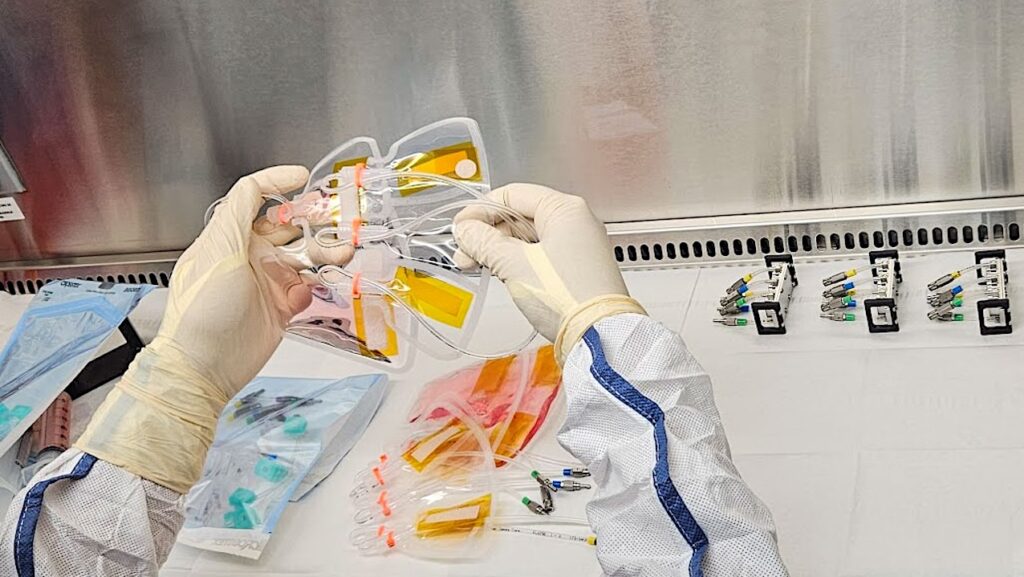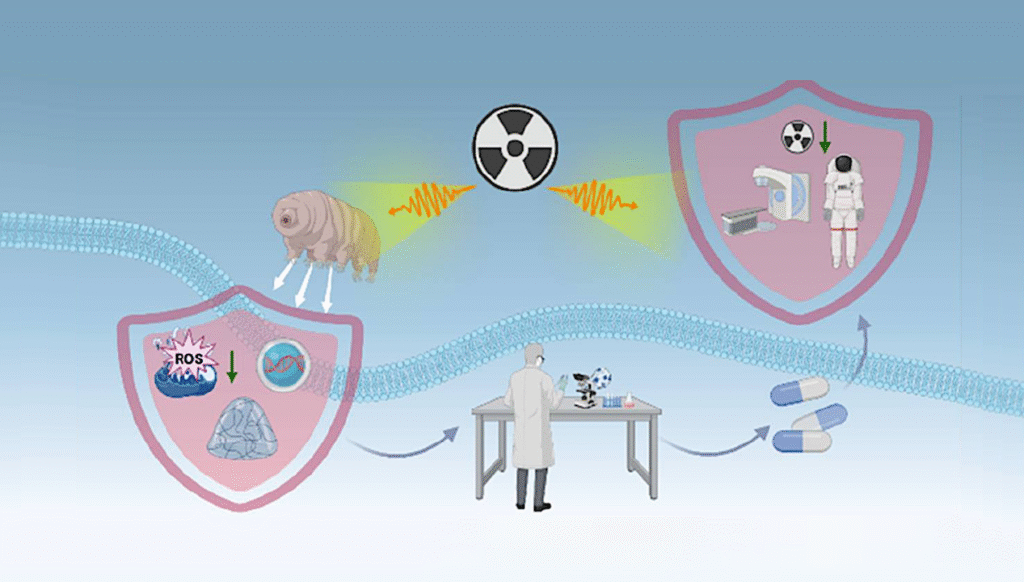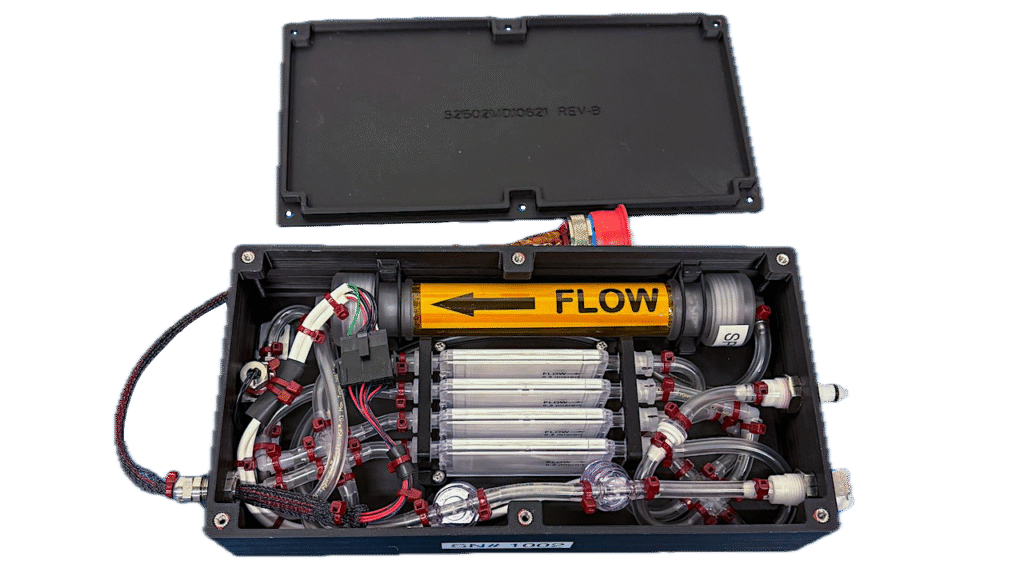Seeking a Space Biology Scientist on Detail to the NASA Team

NASA’s Biological and Physical Sciences (BPS) Division of the Science Mission Directorate will soon solicit applications for a highly motivated individual to provide scientific leadership in pioneering scientific discovery and enabling exploration in its Space Biology program, which focuses on the development of research to understand the effects of the spaceflight environment on biological systems.
The Space Biology Scientist will work as part of a diverse and agile team whose core values include excellence, integrity, transparency, teamwork, and a growth mindset toward stewarding the nation’s space biology and physical sciences program. This position is open to candidates, internal or external to NASA, for a minimum 1-year detail, or as Intergovernmental Personnel Act (IPA) position for up to 6 years.
Our Mission
NASA’s Space Biology program identifies and develops concepts for transformative research relating to the changes experienced by living organisms in the unique environment of space. Spaceflight exposes biological systems to environmental stressors that are not generally experienced on Earth. For instance, a stay on the International Space Station or a journey to the Moon or Mars results in a microgravity environment for an organism, while a stay on the Moon imposes a gravitational force that is one-sixth that of Earth’s gravity. Altered gravity environments are known to affect the physiology, behavior, and molecular responses of biological systems.
In addition, the levels of ionizing radiation are significantly elevated in the spaceflight environment, and long-duration human spaceflight missions will necessitate research on the biological consequences of this radiation, especially in conjunction with altered gravity and other environmental stressors. Other conditions that can differ within habitats in space include altered gas compositions, changes in day-night light cycles, and the potential for exposure to unfamiliar materials such as lunar or Mars regolith.
Space Biology research utilizes model systems to uncover the underlying mechanisms that drive biological responses to the space environment and includes a variety of animal and plant-related organisms. Both vertebrate and invertebrate systems are used to probe responses to spaceflight that are analogous to those experienced by humans, while the plant research that is supported by the program will ultimately help sustain life for long-term human habitation by providing knowledge of how to grow plants and crops in space environments including in lunar and Martian habitats.
Additionally, the influence of microbes, which impacts the health and well-being of both animal and plant systems, remains an integral part of the spaceflight ecosystem and for Space Biology research. Future development of these research areas is likely to involve mission-specific satellites, experiments on the lunar and Martian surfaces, and Earth- and cis-lunar orbiting platforms.
For More Information
For more information, visit: https://science.nasa.gov/biological-physical/programs/space-biology
About the Position
The Space Biology Scientist provides expert scientific leadership for the formulation and execution of the Space Biology program, particularly in the area of rodent biology, and represents this program to external organizations. Responsibilities may include:
– Maintains the scientific integrity of the program while working closely with the space biology research community to identify and develop promising lines of advanced and new mission concepts.
– In collaboration with the Space Biology Program Manager and Senior Program Scientist, establishes and sets the organizational strategic direction, goals, priorities, structure, processes, and culture for Space Biology, and assures that facilities and missions developed for Space Biology research satisfy established science requirements.
– Leads the development and maintenance of research and technology plan(s).
– Leads the formulation and execution of solicitations for research and technology development, oversees the peer review of proposals, and makes selection recommendations.
– Monitors the progress of the research and technology development portfolio.
– Provides authoritative and comprehensive advice, assistance, and oversight to NASA Centers to ensure the program is implemented in an integrated manner.
– Advocates for Space Biology science and develops collaborations with external organizations, including participation in domestic and international scientific conferences and symposia as a program science representative.
– Promotes diversity and inclusiveness within the workplace, within NASA-appointed teams and committees, and within the internal and external science community.
NASA Headquarters is the preferred location, however remote will be considered.
Application Process
Because this is a detail assignment, all applicants must receive approval from their current organization that they are eligible to apply.
Current NASA employees may apply via Talent Marketplace at https://talent.nasa.gov/market/index.cfm Please look for the Space Biology Scientist job announcement which will be open from Thursday, August 15, 2022 to Tuesday, September 6, 2022.
Other government agency employees may apply at https://openopps.usajobs.gov/tasks/4212. Please look for the Space Biology Scientist job announcement which will be open from Thursday, August 15, 2022 to Tuesday, September 6, 2022.
IPA applicants may apply by emailing their resume to [email protected], no later than Tuesday, September 6, 2022.
Further Information
Questions about this anticipated opening for a detail as a Space Biology Scientist at NASA Headquarters may be directed to Dr. Sharmila Bhattacharya, Senior Program Scientist for Space Biology, Space Biology and Physical Sciences Division, [email protected].
Astrobiology, Space biology,








